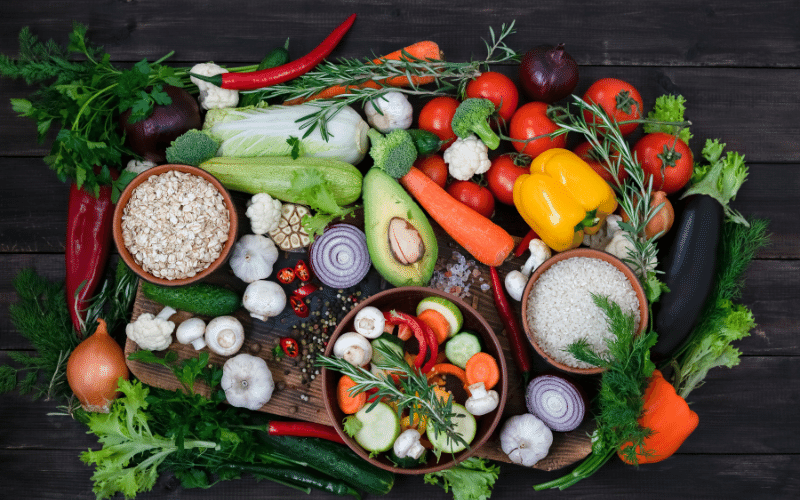Introduction: Decoding the Role of Diet in Primary Biliary Cholangitis Management
Primary Biliary Cholangitis (PBC), once known as primary bile cirrhosis, is a liver condition that, while not entirely shaped by diet, can be significantly influenced by it. In a world overflowing with dietary advice and countless food plans, those diagnosed with PBC might find themselves overwhelmed when choosing the most liver-friendly diets. So, why is diet so crucial for PBC patients?

The liver, the body’s detox powerhouse, is responsible for filtering blood, breaking down fats, and producing vital proteins. For those with PBC, the bile ducts in the liver become damaged, leading to a build-up of bile. Over time, this can cause liver scarring and reduce its ability to function. The right diet, therefore, plays a pivotal role in reducing additional stress on the liver, managing symptoms, and slowing the disease’s progression.
Moreover, because PBC affects everyone differently, there isn’t a one-size-fits-all approach. Dietary needs can vary based on the disease’s stage, coexisting health issues, and individual nutritional requirements. It’s essential, then, to be equipped with knowledge about various diets that can cater to the unique challenges PBC presents.
Diet 1: The Mediterranean Diet

The Mediterranean diet, inspired by the eating habits of countries bordering the Mediterranean Sea, has long been associated with a plethora of health benefits. One of its core tenets is the emphasis on whole foods, especially fruits, vegetables, legumes, and whole grains. Such a bounty of natural, unprocessed foods helps provide the body with a multitude of vital nutrients.
Olive oil stands out as a star ingredient in this diet. It’s packed with monounsaturated fats, which have been linked to a reduced risk of chronic diseases. For PBC sufferers, olive oil’s anti-inflammatory properties can be particularly beneficial. The gentle, healthful fats can ease the strain on the liver, allowing it to function more optimally.
Another notable feature of the Mediterranean diet is its generous inclusion of fish, particularly fatty fish like salmon and mackerel. These are rich in omega-3 fatty acids, known to curb inflammation and support overall body health. The inclusion of these fatty acids may, in turn, provide some relief to the liver, which is already compromised in PBC patients.
However, what makes this diet exceptionally beneficial for liver health is its high antioxidant content. Antioxidants play a crucial role in neutralizing free radicals, which can otherwise damage liver cells and exacerbate PBC symptoms. With this diet, you’re not only feeding your body but also actively protecting it. (1)